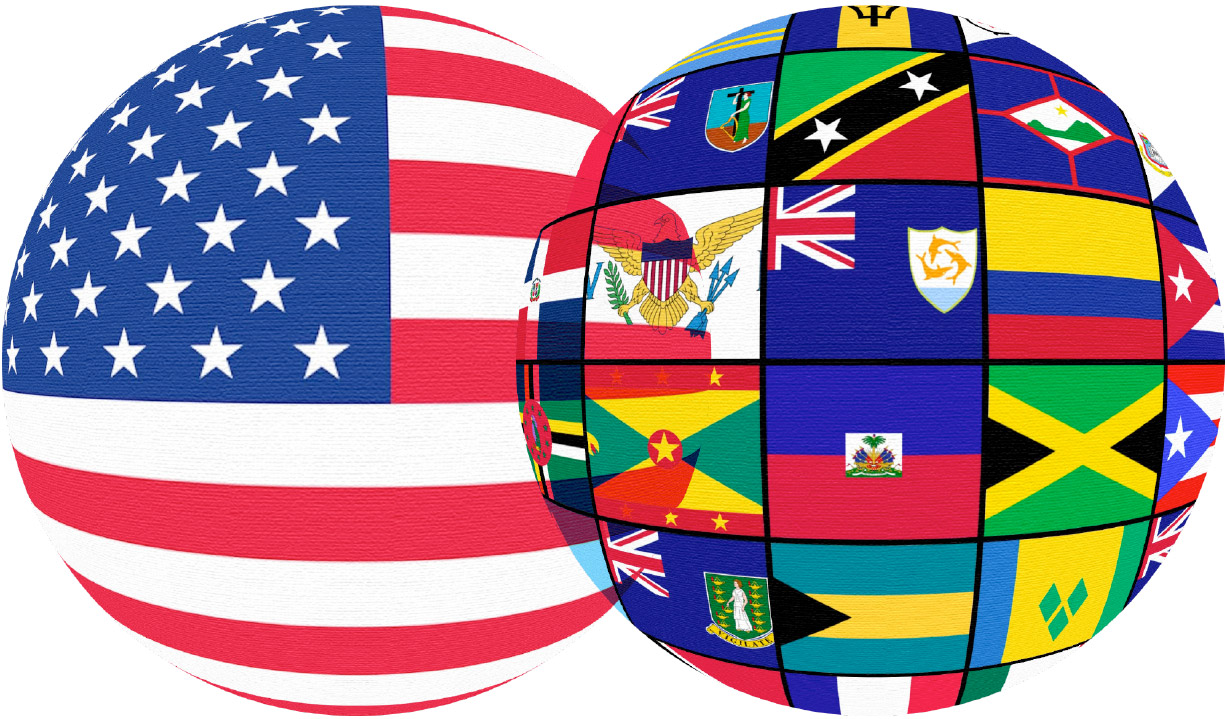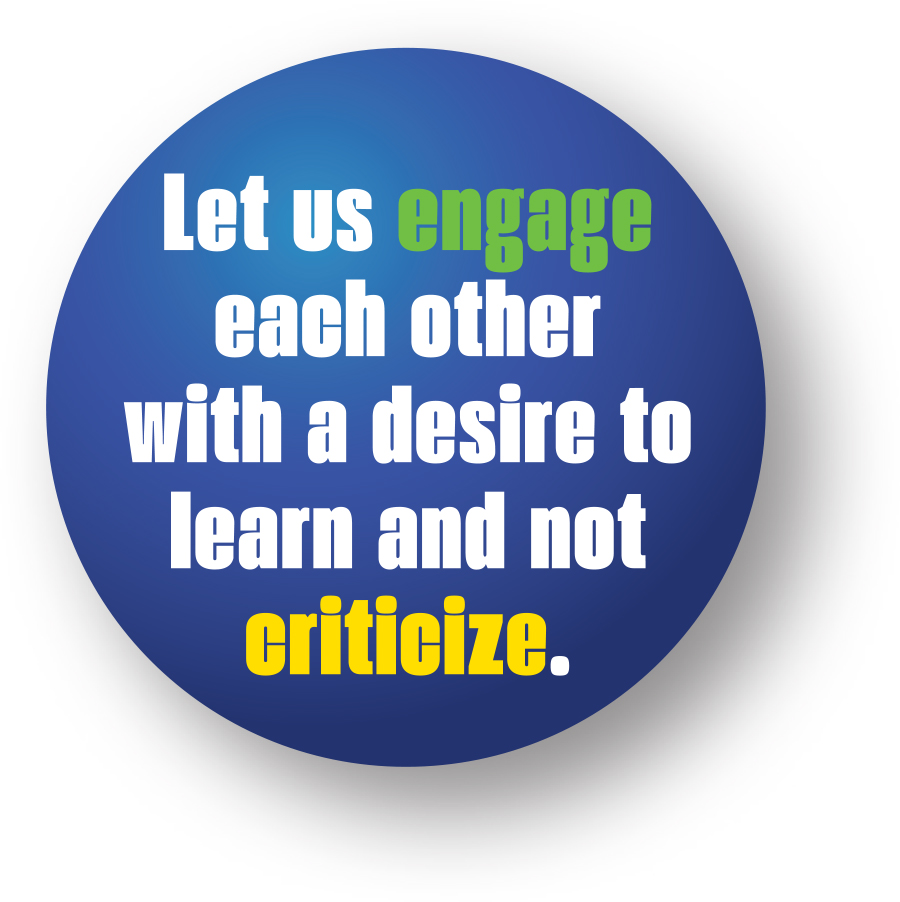
Martin Luther King Jr. said that, “We must learn to live together as brothers and sisters or perish together as fools.” This sentiment has been my growing conviction as I look at the relationship between African-Americans and the black Caribbean immigrant population. According to the U.S. Census, the black or African American non-Hispanic population is the third-largest racial group in the U.S. at 12.1% of the population. In comparison, Pew Research indicates that “the Caribbean remains the most common region of birth for U.S. black immigrants. Just under half of the foreign-born black population was born in this region (46%). Jamaica and Haiti are the top Caribbean countries for black immigrants in the U.S.”
Through several dialogues with individuals over the years, observations in the context of serving as a denominational pastor and benefiting from the research of others, I have seen the growing need for greater dialogue between these two groups. Yet before I continue, I need to disclose a little about myself which provides context for my viewpoints. I was born on the beautiful island of Jamaica. For many Jamaicans who share an African ancestry, we find that countries like Ghana, Nigeria, and Central Africa were likely places of origin from the continent.
I was born in the mid to late ‘70s at a time when the island recently received independence from Britain on August 6, 1962. The island experienced mixed growth as the two main political parties vied for control, with both sides utilizing rival gang factions to maintain influence and power. Amid the upheavals, the island celebrated its independence and moved forward, albeit with some challenging strides. Haiti was the first of the Caribbean countries to gain its independence, on January 1, 1804, culminating in St. Kitts and Nevis on September 19, 1983.

I, and potentially many others in the black Caribbean immigrant community, did not know the full extent of the hostility of white supremacists in America towards African Americans. Many did not grasp the full impact of the Jim Crow laws because by the time the Civil Rights Act of 1964 and the Voting Rights Act of 1965 dismantled those laws, several Caribbean countries had already gained, or were well on their way to achieving, their independence. They were charting a new path for themselves, and they were able to manipulate their future. I was young when I migrated to the U.S., and my ignorance of the African American experience was understandable. Still, it was nonetheless painful to those misunderstood by my or others’ ignorance. We have frequently observed the struggle in the African American community without taking the time to know the depth of the situation and empathize with our fellow brothers and sisters.
There is a profound difference when one considers the emotional experience of blacks in America as opposed to the Caribbean during the ‘60s to the present. For many in the Caribbean, the struggle has been mainly due to challenges emerging from self-governance as well as forging its way through trade relations with the U.S., Great Britain, and other trade partners. Apart from crime and corruption, which can adversely affect morale and capital investments, the entrepreneurial spirit is high and patriotic. On the other hand, African Americans fought and continue to fight the lingering and ongoing effects of institutional and structural racism, bigotry, and practices such as red-lining and voter discrimination, to name a few.

When we can grasp and appreciate that the person in front of us is our relative and they have been through a unique journey worthy of our listening ear, a path of healing can be forged going forward. Instead of judging each other with stereotypes and preconceived notions built up over the years, let us engage each other with a desire to learn and not criticize. We often ask other nationalities about their cultural differences without criticizing them; sadly, we often fail to offer that same courtesy to our own. By genuinely asking about our cultural differences and preferences, we open the avenues for shared responses and a richer interchange of ideas and practices. The potential for growth through such dialogue knows no bounds.
Now I’m in my 40s, and my children, who were all born in America, are second generation black Caribbeans. Though disconnected from my birth island, we celebrate as parents their embrace of the rich culture in the African American experience. Our heritage as Jamaicans will be a part of their journey and will make up that beautiful tapestry. Collectively our family celebrates what African Americans have achieved and what those of Caribbean descent have also achieved. We embrace that, collectively, we have a proud and distinguished heritage and can trace our ancestry back to the motherland with a tie and kinship that forever binds us together.
- https://www.census.gov/library/visualizations/interactive/racial-and-ethnic-diversity-in-the-united-states-2010-and-2020-census.html
- https://www.pewresearch.org/fact-tank/2022/01/27/key-findings-about-black-immigrants-in-the-u-s/
- https://www.embassyofjamaica.org/about_jamaica/history.htm
- http://www.caribbeanelections.com/education/independence/default.asp
- Alexander, Michelle. The New Jim Crow: Mass Incarceration in the Age of Colorblindness. The New Press, 2020. p. 2, 7.